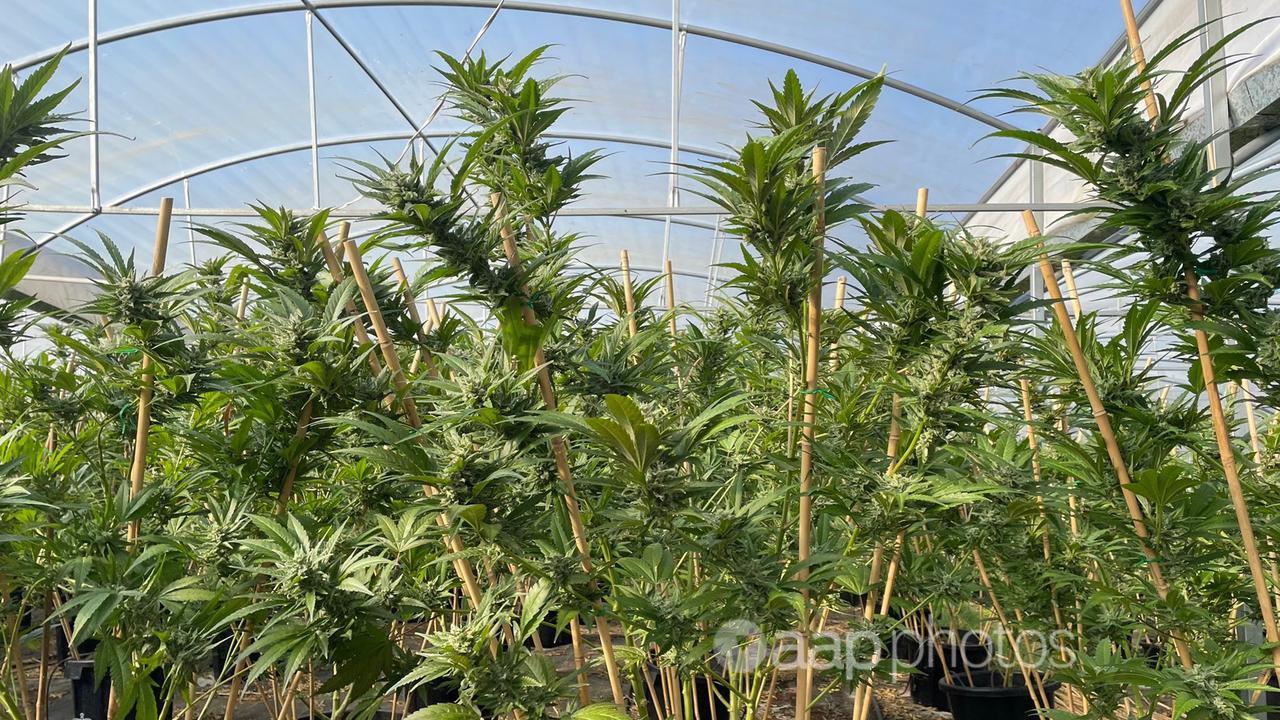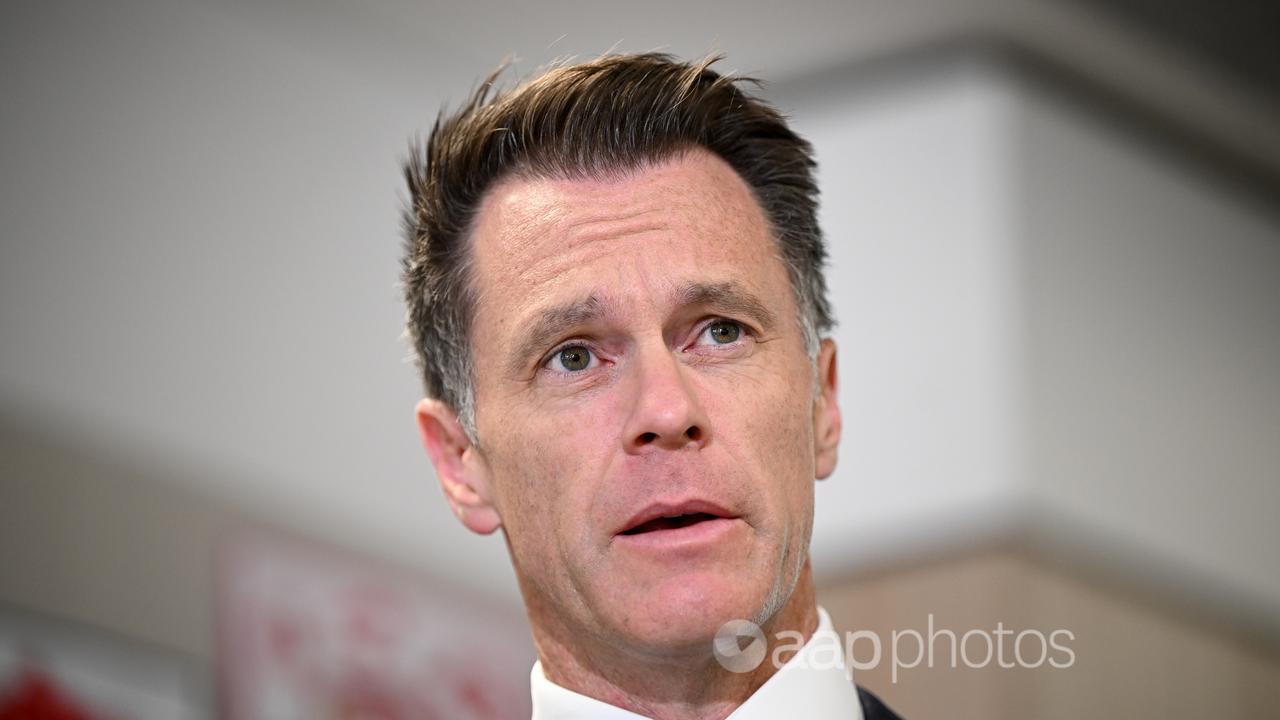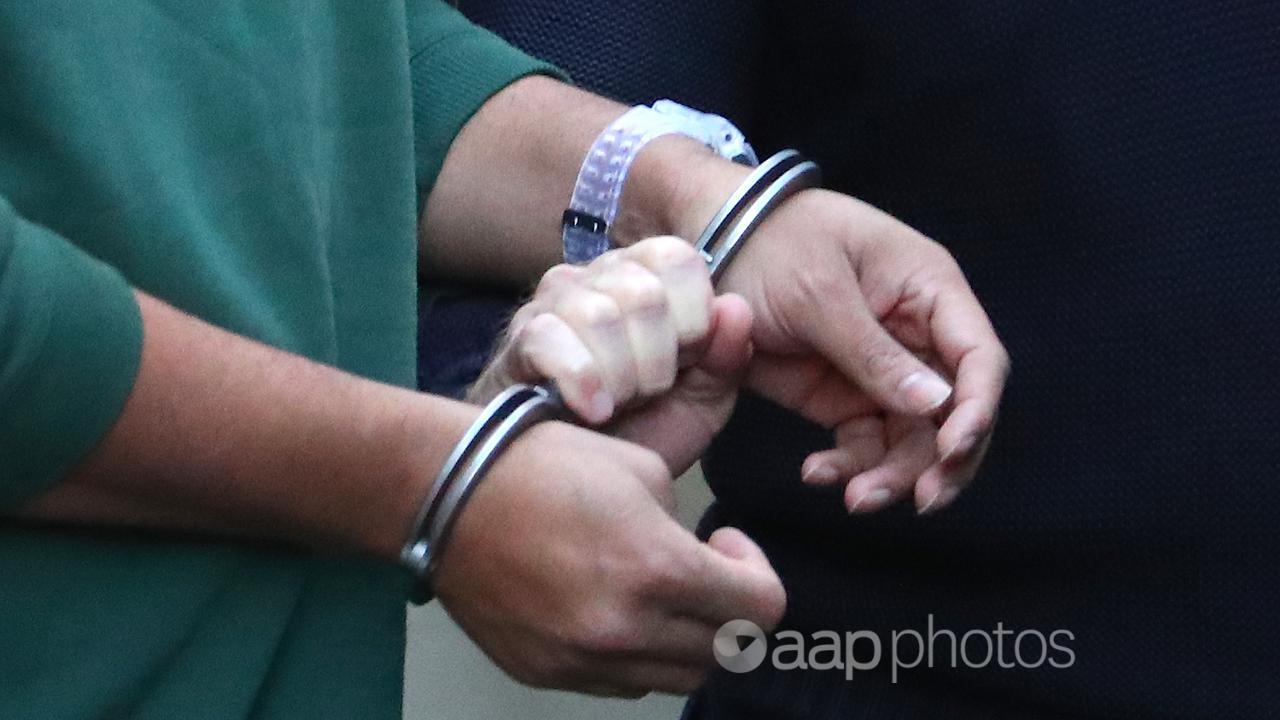A once-in-a-generation drug summit is a golden opportunity for NSW to “get with the times” and save lives, advocates say.
The long-promised NSW Drug Summit begins on Friday in the regional city of Griffith, before hearings in Lismore and Sydney.
An election promise, the summit aims to build consensus and social licence for major drug reforms – modelled on a week-long forum in 1999 that proved the impetus for Australia’s first supervised injecting room.
Decision makers including eight ministers and MPs are expected to hear on Friday from people across the drug spectrum, including those with lived experience, health workers and police.
It coincides with almost $10 million in new funding for alcohol and other drug treatment services in the Murrumbidgee region.
Harm minimisation advocate Sam Kidd said the summit was a big opportunity for NSW to “get with the times” on drug policy.
But he hoped it would not become “the ice inquiry 2.0” after hopes in 2020 to revamp the state response to methamphetamine use were met with little action.
“There are many areas where the laws are out of step with community expectation,” the Unharm campaign manager told AAP.

Experts, users and front line services all agreed, Uniting NSW/ACT’s Emma Maiden said.
“Current laws are failing,” she said.
“Urgent reform is needed.”
About 10 million Australians aged 14 years and over have illicitly used a drug at some point in their lifetime, with about four million doing so in the past year.
Advocates want serious consideration of community drug checking, improved funding of addiction services and changes to policing.
Drug checking is to be rolled out in Victoria this summer, following Queensland and the ACT.
While media reporting tended to focus on social problems, crime or sensationalism, NSW Users and AIDS Association chair Andrew Heslop said plenty of Australians use drugs recreationally without incident.
When addiction problems occur, peer-led harm minimisation programs “really do save (and) change lives,” he told AAP.
“I would really like to see a focus … on a health-based approach, and stop using the punitive criminal justice system which just keeps people under thumb, and where they’re at,” he said.
The setting for the summit’s second day in Lismore would highlight the unique challenges in the northern rivers, the state’s peak body for alcohol and other drugs agencies said.
Frontline service providers at the forum would provide on-the-ground insights to the NSW government, helping create meaningful change, Network of Alcohol and other Drugs Agencies (NADA) chief executive Robert Stirling said.
“The best health and wellbeing outcomes for all community members must be the priority.”
The drug summit was first promised by Labor at the 2015 election and formed the centre of their drug policy election platform when they won in 2023.
Small moves to boost harm minimisation programs and introduce a drug court diversion scheme have been made since, but calls for larger reforms have been dismissed ahead of the summit.
Former NSW Labor deputy premier Carmel Tebbutt and former NSW Liberal leader John Brogden are co-chairing the event.

Premier Chris Minns, who hails from the more conservative wing of Labor, admitted on Thursday he might not agree with everything stakeholders say.
“But we want them around the table, we want to challenge the prevailing system.”
More than 55 of NSW’s 135 MPs have RSVP’d to the Sydney sessions in December.
A spokesman for Health Minister Ryan Park said the summit would capture the many and diverse views of more than 450 invitees, three times the attendance of the 1999 drug summit.
The minister on Friday pledged $9.84 million for alcohol and other drugs services in the Griffith area including new post-custodial support programs and community-based withdrawal management and counselling for vulnerable populations.
A new youth day program and counselling service will also get support, helping up to 100 young people a year.



















